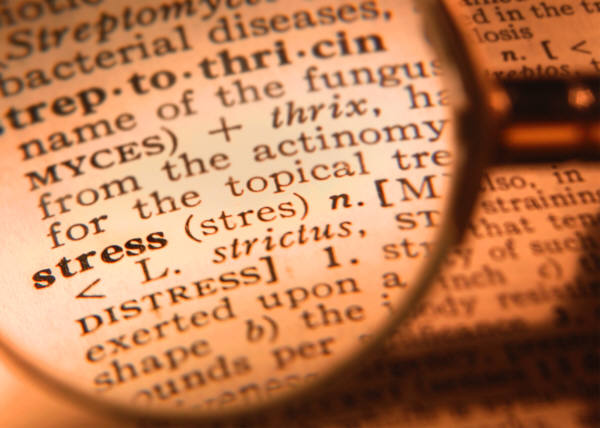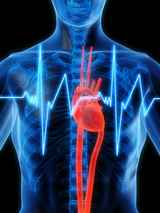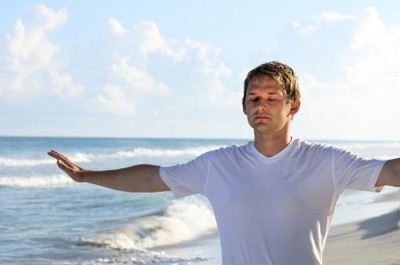|
A Definition of StressOur definition of stress is that perceived demands exceed the perceived ability to cope with these demands. Unrelenting pressure at work, concerns over money and the economy, overwhelming responsibilities at work and home...stress feels like a fact of life. While stress may be a part of life, it does not have to be a way of life! We have all experienced the effects of stress but a definition of stress is more elusive. In the last 100 years research into stress there have been many competing theories. The father of stress research, Hans Seyle, argued that stress is not all bad. He said "it all depends on how you take it." Thus any stress definition has to take into account that stress is in the eye of the beholder. Our contemporary stress definition provided builds on Seyle's view of stress. A definition of stressA single definition of stress is complicated.
Stress challenges a person’s capacity to adapt to their inner and outer demands. But each of us is unique! What one person feels and interprets is different to another. We all know people who appear unfazed by events while others get into a tail-spin of increasing stress and frustration. Personality and Stress Yuor personality influences the stress that you feel and the ways that you may deal with it. I talk more about personality and the different styles of coping with stress. In the physical sciences stress is thought of as an external pressure applied to an object...and if too much pressure is applied the object breaks. The transactional model of stress expands upon this. Our stress reaction is not just the external pressure applied upon us but the ability to resist and absorb the pressure. The amount of stress people experience is a joint function of the perceived demands and their perception of the resources available to deal with these demands. If a person believes that the demands of the environment exceed the available resources then stress arises. Acknowledging that stress has a biological and psycho-biological response, it is this definition of stress 'that the perceived demands exceed the perceived resources to cope' that is adopted throughout this site. Stress is a perception of the demands and the resources to cope with situations. Stress management techniques involve:
Building on our definition of stress
An early contributor to stress was Walter Cannon (1932) who described the fight or flight response.
When confronted with danger we can either flee or stay and fight. While this stress response may have been be useful for our ancestors when escaping from the jaws of a saber-tooth tiger - the stress response is about as useful as saber-tooth hunting gear...Right? Wrong! The stress response still serves an adaptive function today but such a response is less likely to be optimal in dealing with stress in the workplace, at home, or in relationships. In fact, the main causes of stress today means that the stress response is activated constantly. The constant activation of the endocrine and sympathetic nervous systems may lead to fatigue and result and stress related illness. I talk more about the impact of stress and health. Hans Selye, a pioneer in the study of stress discovered that a number of stressful events, whether it be a broken finger, a disease, losing one’s job, or going through a divorce, results in the body to producing a similar physiological response. He called this the general adaptation syndrome.
Getting to the Causes of Stress This is an important step to take in stress reduction.
If a lack of time is causing stress, then try this time management course.
If family pressures are adding to your toll of stress then focus on the family could be beneficial for you.
If a lack of a clear priority or direction is causing you stress, then focusing on the long-term perspective with personal goal setting can be beneficial.
If procrastination is a cause of stress for you then these steps to overcoming procrastination may be useful. The general adaptation syndrome consists of three stages:
In the alarm phase, the body releases adrenalin and other hormones as well as activating the fight or flight response. So when you have to give a speech in front of colleagues or sit an exam, you may notice characteristics of the alarm phase. You may notice stress symptoms such as increased blood pressure, heart rate, sweaty palms, or shallow and rapid breathing. The alarm stage cannot last indefinitely and the body moves on to the resistance phase.
The resistance phase is where the parasympathetic nervous system normalizes the heart rate and breathing.
What Stress Management Techniques Do You Use? Tell us what stress management techniques work for you with our stress management poll.
However, blood sugars (for energy) and stress-related hormones (such as adrenalin and cortisol) continue to circulate. Essentially your body remains on red alert, adapting to the higher levels of stress, and ready to act when needed. Remaining on red alert takes its toll on the body and makes the body susceptible to stress-related illnesses. For example, over-worked university students in the middle of exams or workers working long hours may be in the middle of the resistance stage.
In the exhaustion phase, the body’s defenses break down and there is greater chance of serious illness and disease. Related stress management articles
Stress Relief: How to Relieve Stress Biofeedback Techniques: Train the Mind and Body to Recognize and Reduce Stress
Click here to return from a definition of stress to stress management techniques
|




